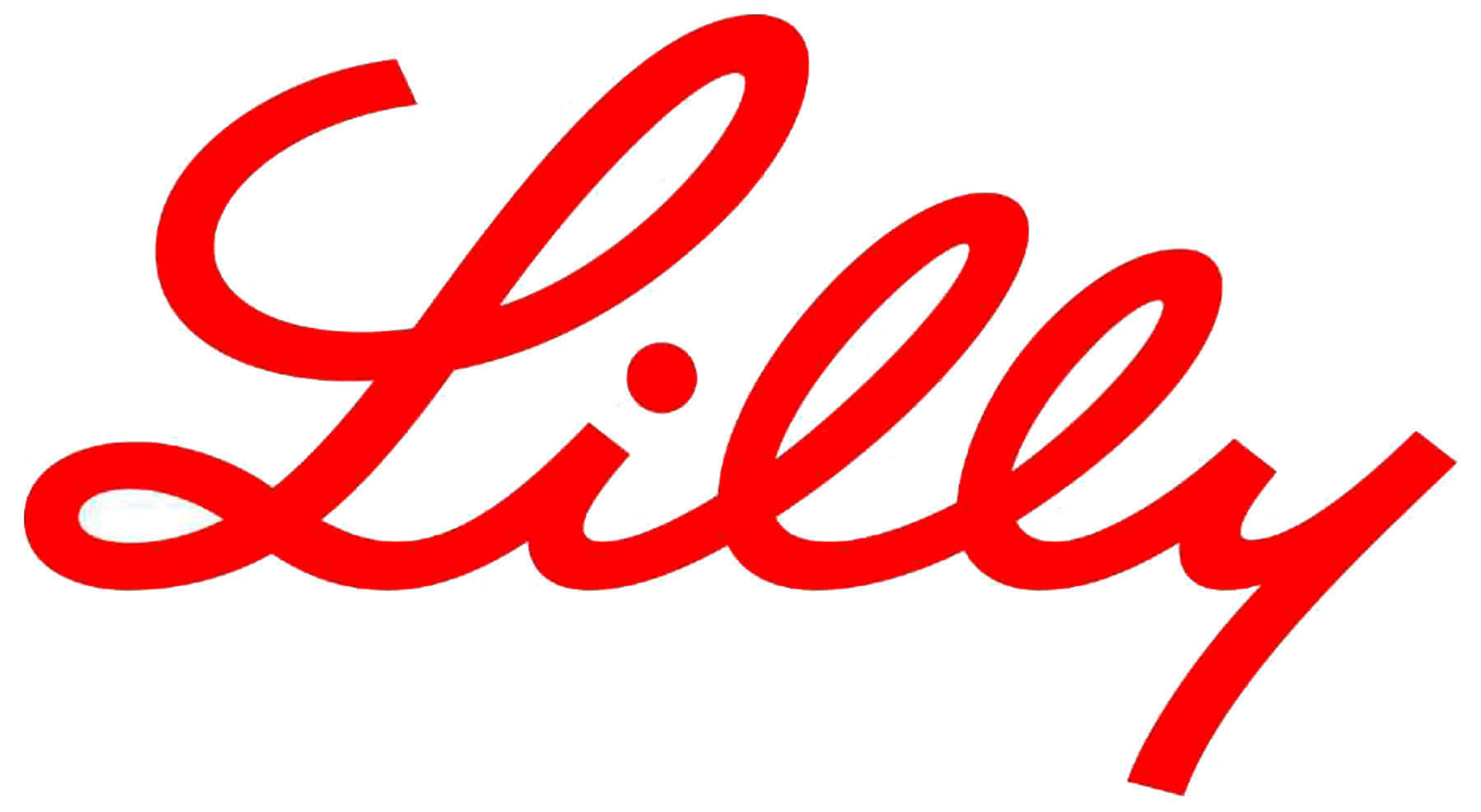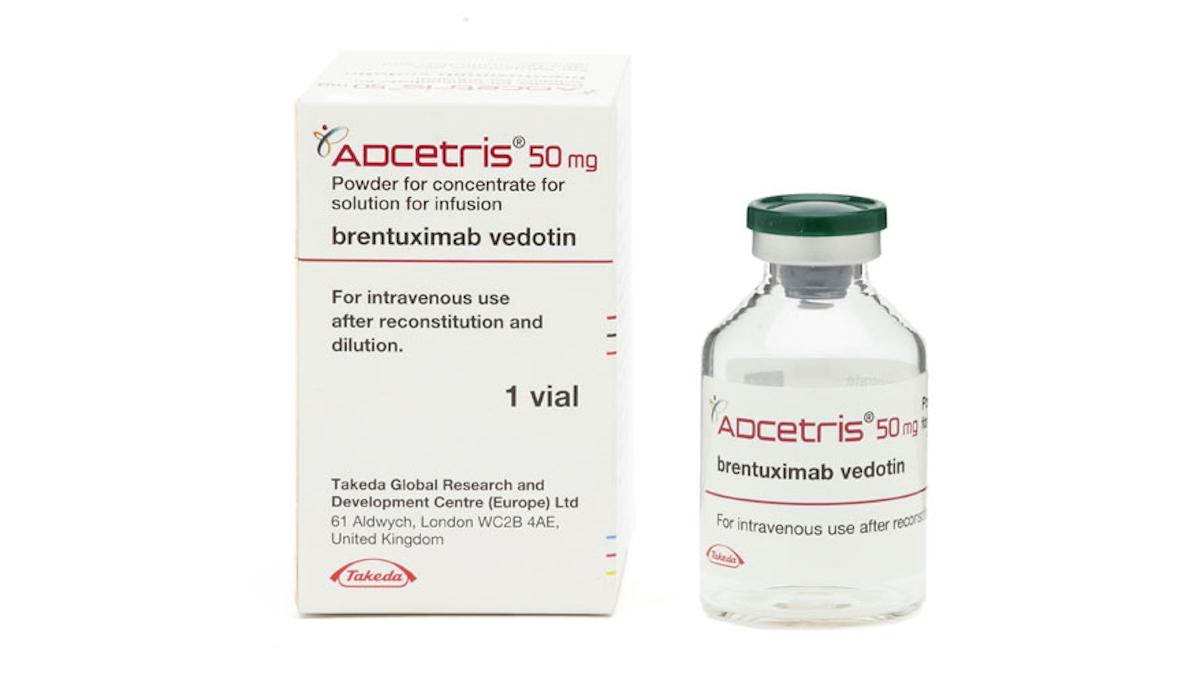Latecomer Lilly throws cash at Innovent PD-1 partnership

Eli Lilly has doubled down on its partnership with Chia’s Innovent with a licensing deal for ex-China rights to Tyvyt, their PD-1 inhibitor, which some analysts think may be launched at a discount to its rivals.
Lilly and Innovent co-developed Tyvyt (sintilimab) in China and launched the drug there together last year as a third-line treatment for Hodgkin's lymphoma. It was the first PD-1 inhibitor to get reimbursement approval from the Chinese authorities.
Now, Lilly clearly thinks there’s still room to grow a new PD-1 inhibitor outside China – despite six drugs from the PD-1/PD-L1 class already on the market.
The US drugmaker has agreed to pay $200 million to secure rights to the drug in the US and other ex-China markets, including Europe, with another $825 million earmarked for Innovent if development and commercial objectives are met.
Along with Hodgkin’s lymphoma, Lilly and Innovent are also developing Tyvyt non-squamous non-small cell lung cancer (NSCLC) and other solid tumours and blood cancers, but will face stiff competition in both lead indications from Merck & Co’s top-selling checkpoint inhibitor Keytruda (pembrolizumab).
There has been speculation that latter entrants into the PD-1/PD-L1 inhibitor may start to compete on price in indications where they are trying to displace a dominant player, such as Keytruda in first-line NSCLC.
Commenting on the latest deal on Twitter, biotech investor Brad Loncar asked whether Lilly will seek a price for Tyvyt in line with its US rivals, given the drug is so much cheaper in China.
[embed]https://twitter.com/bradloncar/status/1295708585129848839[/embed]
With Lilly and other companies like Novartis and GlaxoSmithKline still back in the PD-1/PD-L1 queue with candidates in late-stage development – and increasingly multiple drugs available in individual cancer types – it may not be long before prices for checkpoint inhibitors start to fall.
NSCLC looks like the indication that Lilly will be going after first in the US, as it recently reported results from the phase 3 Orient-11 trial, showing Tyvyt outperformed placebo when added to treatment with Lilly’s big-selling chemotherapy Alimta (pemetrexed) and platinum drugs in patients with previously-untreated non-squamous NSCLC without EGFR or ALK mutations.
Tyvyt significantly extended the time to tumour progression or death compared to placebo, with progression-free survival of 8.9 months compared to 5 months with placebo, and the data has already been used to file a marketing application for Tyvyt in China.
The data was pretty much in line with the Keynote-189 study that underpinned approval of Keytruda in first-line NSCLC, but as it was conducted in China may not be enough on its own to secure US approval.
Keytruda’s dominance in first-line NSCLC and oncologists’ familiarity with the drug, built up over several years, may make it tough to displace without a sizeable discount on price.
Meanwhile, Lilly and Innovent are running upwards of 20 studies as they play catch-up with other PD-1/PD-L1 drugs testing the drug in other indications, including kidney, liver, colorectal, gastroesophageal and small cell lung cancers, as well as diffuse large B-cell lymphoma (DLBCL).













